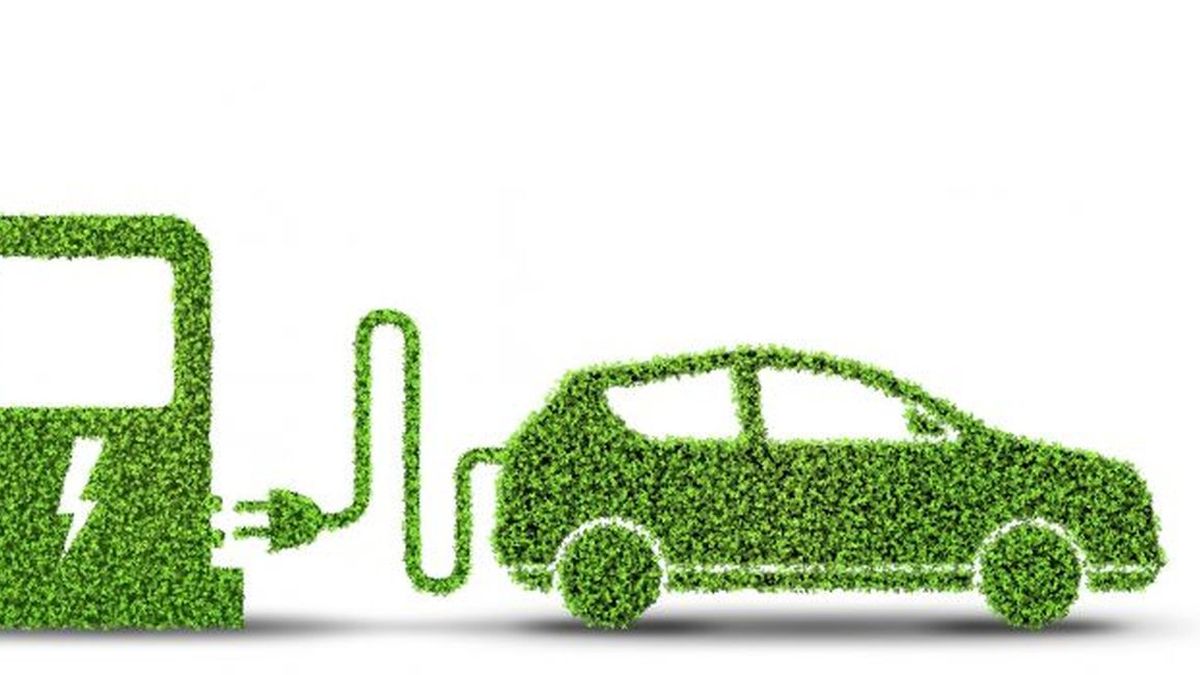The advance of the “green” cars It does not stop and in some regions they are beginning to take on a more than important weight.
In many European countries, sales of hybrid or electric vehicles They are beginning to be the favorites of consumers.
This is reflected in the statistics that have become known in recent months.
The European Automobile Manufacturers Association (ACEA) reported that in September 2024, hybrid vehicles represented 32.8% of new registrations among member countries.
This way, Sales of this type of vehicle surpassed, for the first time, those of cars with traditional combustion engines.
Specialists consider that this may mark a turning point for the continent’s automobile market.
According to ACEA data, in September 2024, hybrid cars represented 32.8% of the new registrations in the EU, while vehicles with combustion engines reached a share of 29.8%.
Electrified vehicles, including pure electric vehicles (BEV), plug-in hybrids (PHEV) and hybrid electric vehicles (HEV), made up 56.9% of all new registrations, up from 50.3% in the same period from last year.
This turn occurs in the middle of the controversy between Europe and China for the advancement of electric cars.
China recently announced that it had filed a complaint with the World Trade Organization (WTO) following the European Union’s (EU) decision to impose tariffs on imports of Chinese electric vehicles.
Brussels announced in July provisional tariffs of up to 38% on imports of Chinese electric vehicles into the EU, estimating that Beijing illegally subsidizes its manufacturers.
Until then the tax for vehicles from Chinese factories was 10%.
Brussels has until next month to make these tariffs final, which leaves a window for dialogue with Beijing until November.
“China resorted to the dispute settlement mechanism of the World Trade Organization,” the Chinese Ministry of Commerce declared on Friday, urging the EU to “immediately correct its bad practices.”
According to Beijing, Brussels “is seriously violating the rules of the World Trade Organization.”
The EU claims to comply with WTO rules with these tariffs, which aim to curb imports of Chinese electric vehicles without blocking them completely, unlike the policy applied by the United States.
A spokesperson for the European Commission, the EU’s executive arm, told AFP that the institution is “confident” that the measures adopted are compatible with WTO rules.
Source: Ambito




